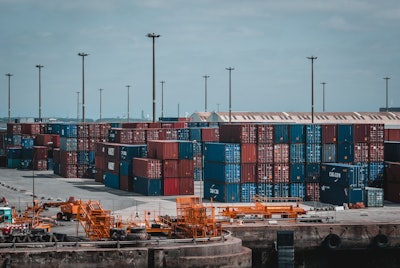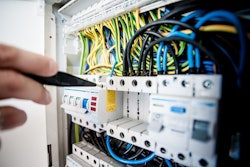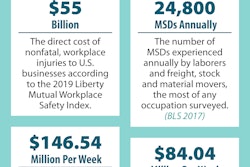
Global Financial Integrity (GFI) has published its annual update, “Trade-Related Illicit Financial Flows in 135 Developing Countries: 2008-2017”, examining trade-related illicit financial flows across 135 developing countries and 36 advanced economies by trading partner, commodity, region, and percent of total trade, among other indicators.
By analyzing individual country government trade statistics supplied to the United Nations Comtrade database, GFI identifies “value gaps,” or mismatches, in the reported data.
GFI identified a total value gap of US$8.8 trillion in trade between the 135 developing and 36 advanced economies over the ten-year period. In 2017, the most recent year for which data are available, the total value gap in trade between advanced economies and developing countries was US$817.6 billion.
The act of trade misinvoicing is a major type of illicit financial flow and can be used to evade customs duties, VAT taxes, and currency controls among other illicit activities. It also deprives developing country governments of desperately needed tax revenues.
“Developing countries are losing a significant percentage of the value of their trade transactions - Indeed, in 2017, the value gap associated with trade misinvoicing amounted to 18 percent of developing country trade. If the integrity of trade transactions cannot be assured, it is unlikely countries will be able to achieve the UN Sustainable Development Goals by the 2030 deadline,” Tom Cardamone, president and CEO of GF says. “Of the ten countries with the largest average value gap from 2008-2017, six are in Africa and are among the poorest countries in the world, including Sao Tome and Principe, The Gambia, and Burundi.”
Other notable findings (all figures in USD):
- The developing countries with the largest annual average value gaps in their bilateral trade with 36 advanced economies over the ten-year period 2008-2017 were China ($323.8 billion); Mexico ($62.9 billion); Russia ($56.8 billion); Poland ($40.9) billion; and Malaysia ($36.7 billion).
- Developing countries with the largest value gaps as a percent of their total bilateral trade with the 36 advanced economies over the ten-year period were The Gambia (37.3%); Togo (30.2%); The Maldives (27.4%); Malawi (26.8%); and the Bahamas (26.6%).
- Regionally, the largest value gaps in trade with the 36 advanced economies over 2008-2017 were: Developing Asia ($476.3 billion); Developing Europe ($167.9 billion); Western Hemisphere ($131.5 billion); Middle East/North Africa ($70.6 billion); and Sub-Saharan Africa ($27.2 billion).
- The largest value gap between developing country regions was $63 billion, in 2014 between Middle East/North Africa and Developing Asia.
- The average sizes of the value gaps as a percentage of total trade between Developing-Developing and Developing-Advanced trade partners were broadly similar – indicating trade misinvoicing is proportionately a similar problem in trade among developing economies as it is in trade between developing and advanced economies.
"Data asymmetry is a key problem in trade misinvoing. This report provides a host of global and national policy recommendations to reduce information asymmetry. Implementing these will help countries crack down on trade misinvoicng and start capturing more trade-related revenue,” says Cardamone.



















